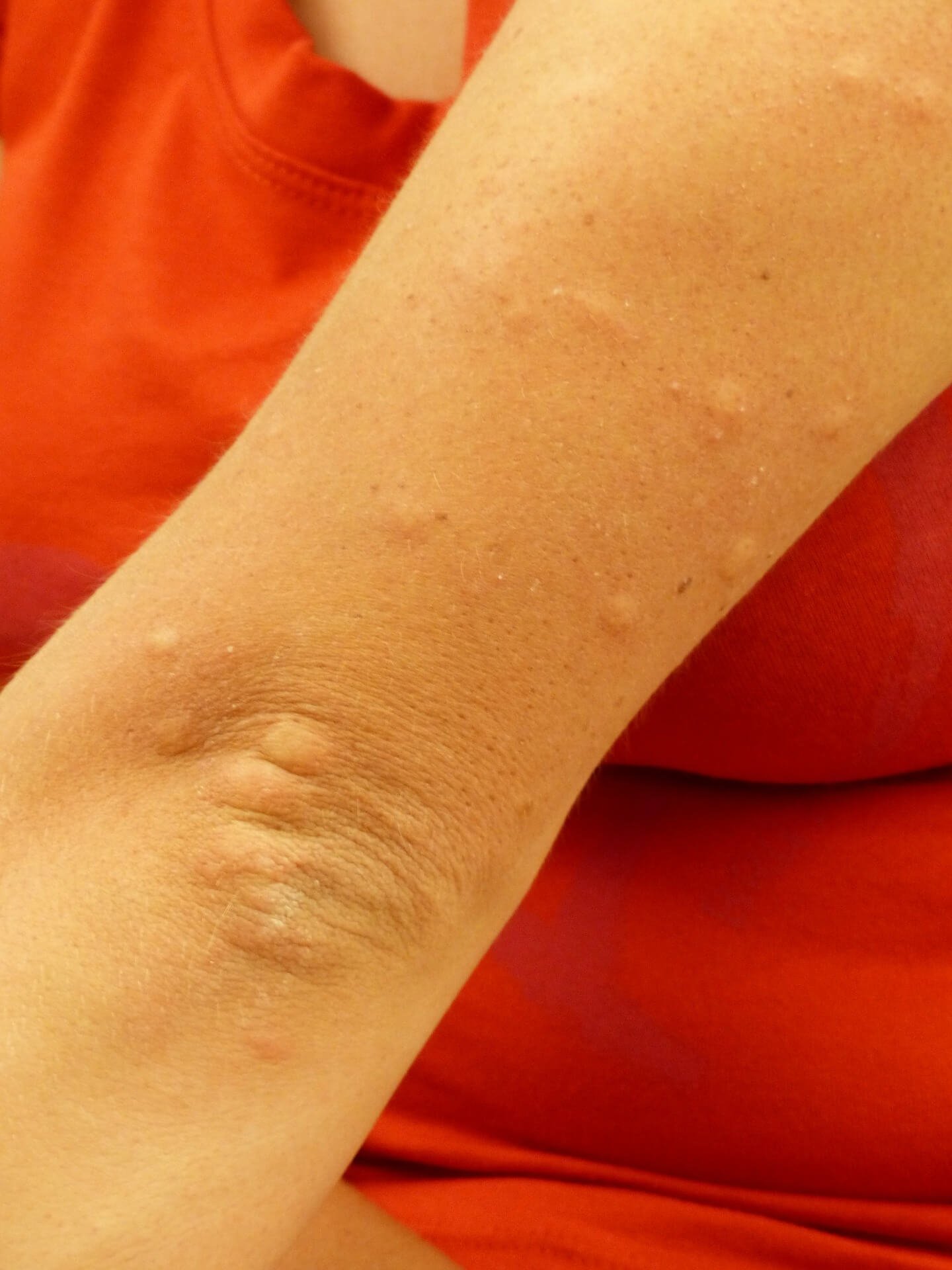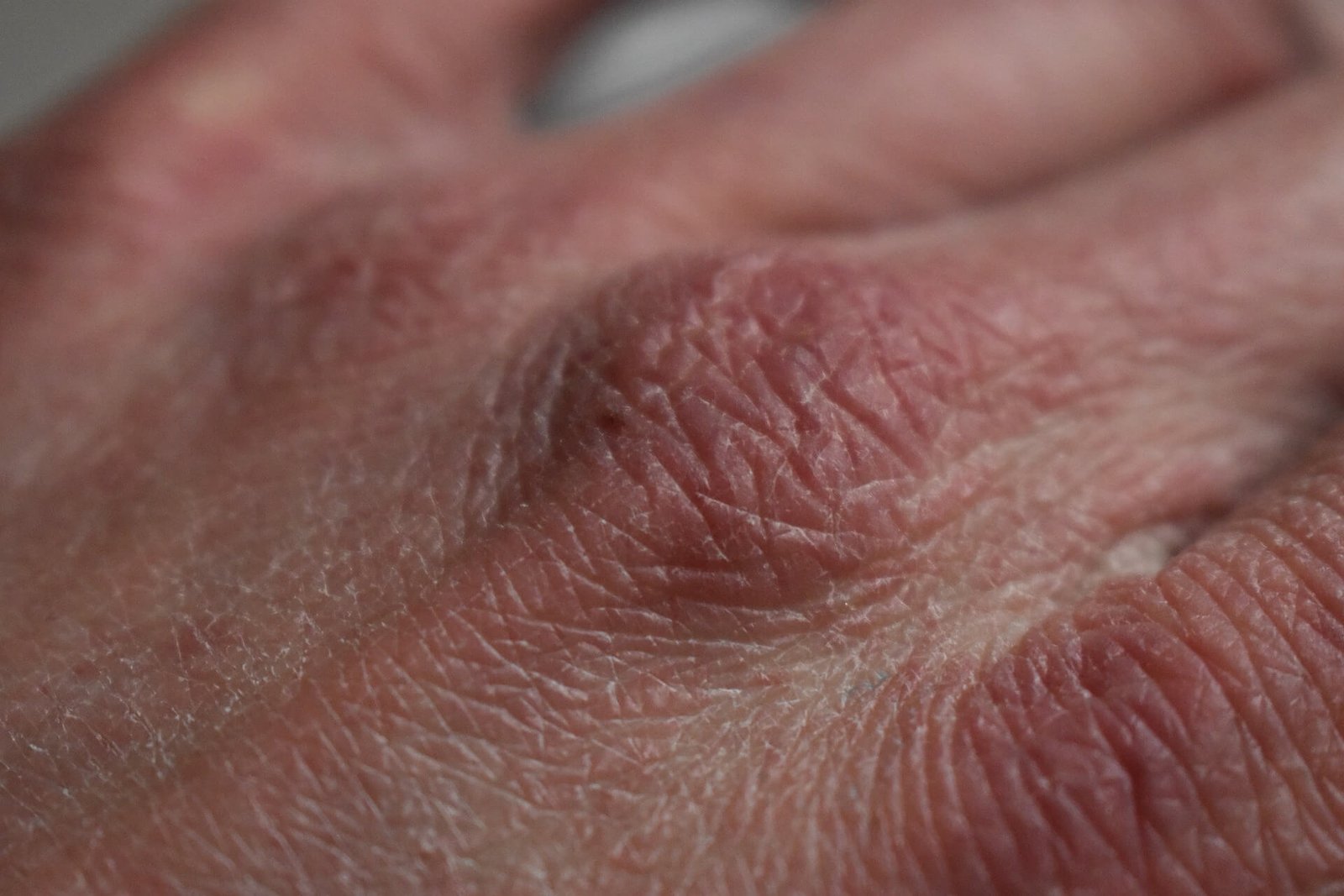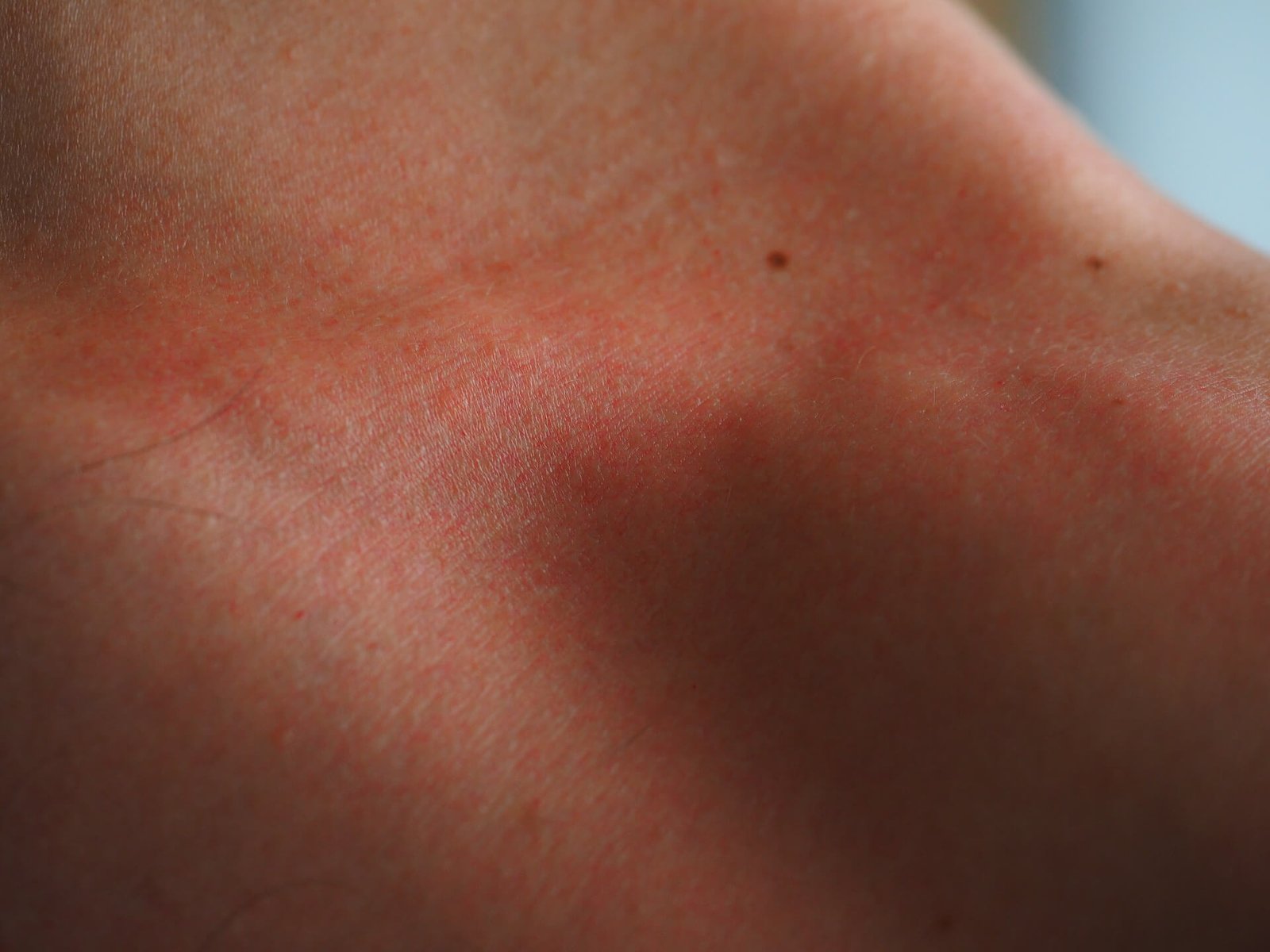Itching and 7 things to do to Stop it
 Itching
Itching
Itching is a painful sensation that causes you to scratch the affected area.
Itching can affect any organ or system in the body. You have two options:
Itching all over the body is referred to as generalized itching.
Itching that is limited to one area of the body is referred to as localized itching.
Itching frequently results in a red plot or rash. Itching is a type of skin irritation that causes you to scratch it. It can feel like love pain at times, but it’s not.
There are times when you feel itchy all over your body, and especially itchy in one area of your body. Aside from itching, you may also experience a rash or hives.
Itching can be caused by a skin condition or an internal illness.
Dry skin?

Too much washing can additionally bring on dry skin and itching. Any age group can be affected, but as people age, their skin becomes thinner and drier.
Use an excellent moisturizer. If you have dry skin, you may need to visit a dermatologist to get relief and prevent the condition from worsening.
Dry skin symptoms:
- Skin so that rough, scaly, or flaking
- Itchy skin
- People with darker skin may have ashy-gray skin
- A skin crack so that prone to bleeding
- Lips that chapped or cracked
Upon entering the skin, these germs can bring on an infection. Infections frequently start with red, sore spots on the skin. Skin specialists may prescribe a topical medicine or a moisturizer to apply all over the day.
Itchy skin can be caused by:

- Conditions of the skin.
- Nerve problems. Multiple sclerosis, pinched nerves, and shingles (herpes zoster) are examples.
- Psychiatric disorders. Anxiety, obsessive-compulsive disorder, and depression are examples.
- Allergic reactions and irritation. Wool, chemicals, soaps, and other substances can bother the skin, causing rashes and itching.
- The allergy
Itchy skin is an allergic reaction. When the skin comes into contact with an allergen during a training call, allergic call dermatitis.
A skin allergy can bring on a red, itchy rash with blisters or bumps. Whenever the skin comes into contact with an allergen, the resistant entity attacks it. A time delay repeatedly occurs between exposure to the allergen and the appearance of the rash.
Nickel allergies are common. Even a limited amount of nickel in jewelry can cause a person’s skin to become red, bumpy, itchy, and swollen at the point of contact.
An allergic person’s best bet is to avoid the product or substance that causes the reaction.
Generally, itchy skin impacts limited areas, for example, the scalp, an arm, a leg, or the complete body. Itchy skin can occur without any other visible changes to the skin.
Symptoms :
- Feelings of redness
- Scratches
- Bruises, bumps, or blisters
- Cracked, dry skin
- Patches of leathery or scaly skin
- Itchiness can sometimes endure for a lengthy time and be intense. It becomes itchier as you rub or scratch the area.
7 things to do to Stop it

There are a few things you can do to alleviate itching and prevent injury caused by scratching, including:
- Patting or tapping the itchy spot rather than scratching it.
- Cooling the impacted area with a damp flannel compress
- Cooling or lukewarm down while bathing or showering
- Using unscented personalized hygiene products
- Avoid clothes that bother your skin, for example, wool.
- If your skin is dry or flaky, use a moisturizer or emollient.
- Various over-the-counter medications, antihistamines, and steroid creams are accessible at pharmacies to help with itching caused by skin conditions.
Why you have seen a doctor?

- If you’re encountering itching, see your doctor or a skin disease consultant (dermatologist):
- Symptoms persist for over two weeks and do not improve with self-care.
- You are distracted, unable to sleep, or your daily routines are interrupted by severe headaches.
- An unexpected event that affects your entire body
- Weight loss, fever, or night sweats are accompanying signs and symptoms.
If the condition persists for three months despite treatment, talk to a dermatologist.
The complications
Itchy skin that lasts over six weeks (chronic pruritus) can negatively affect your quality of life. You may feel anxious or sorrowful if it interrupts your sleep. Itching and scratching too much can result in skin injury, infection, and scarring.



